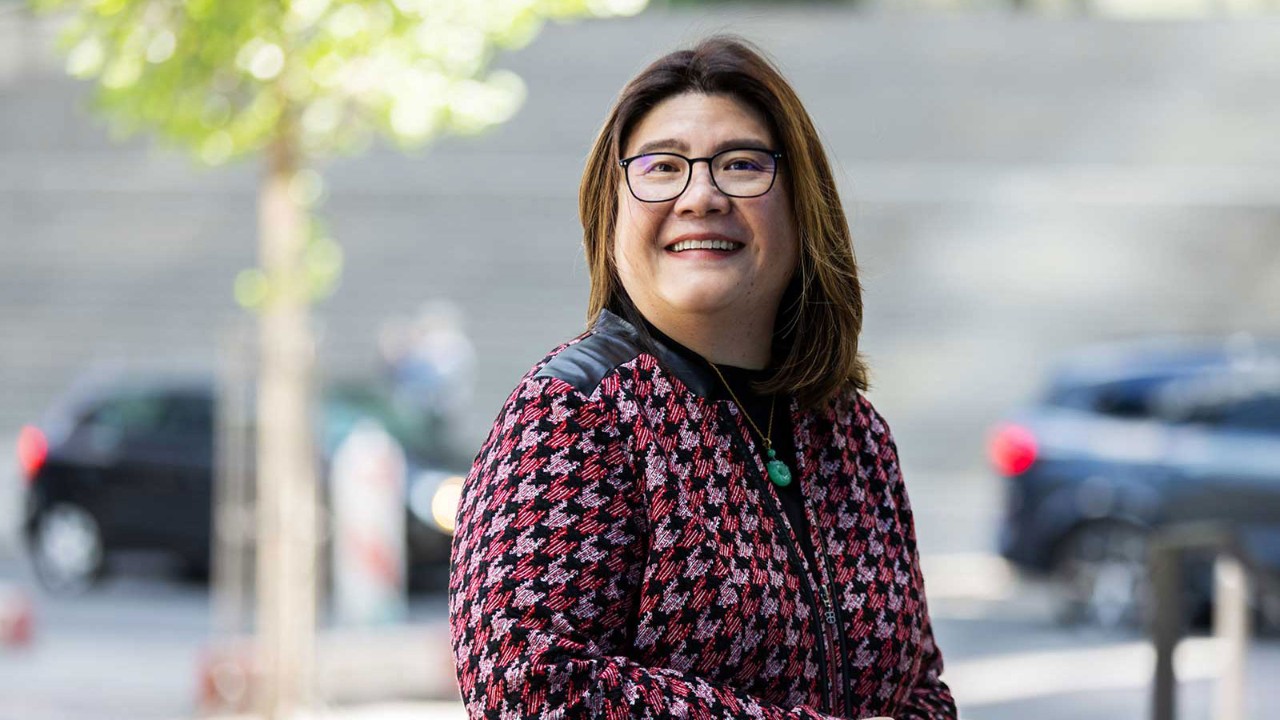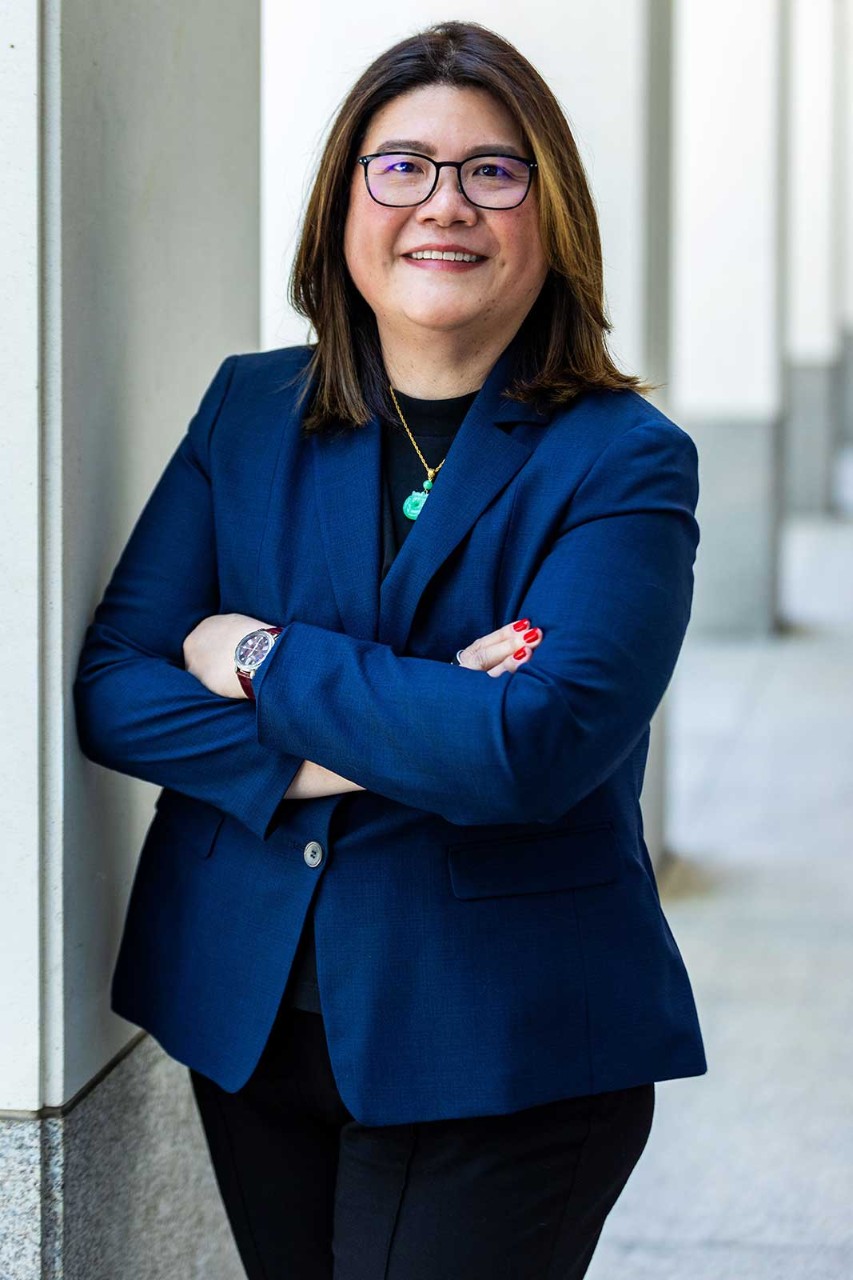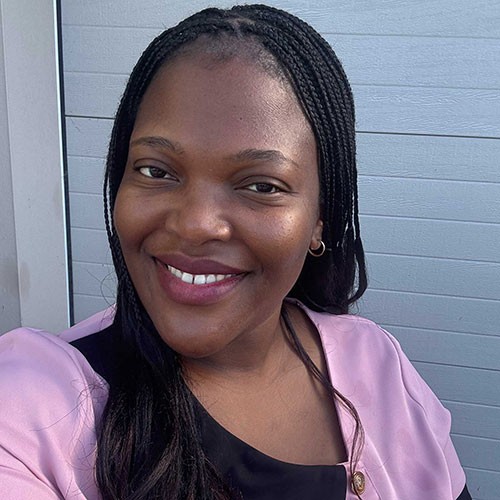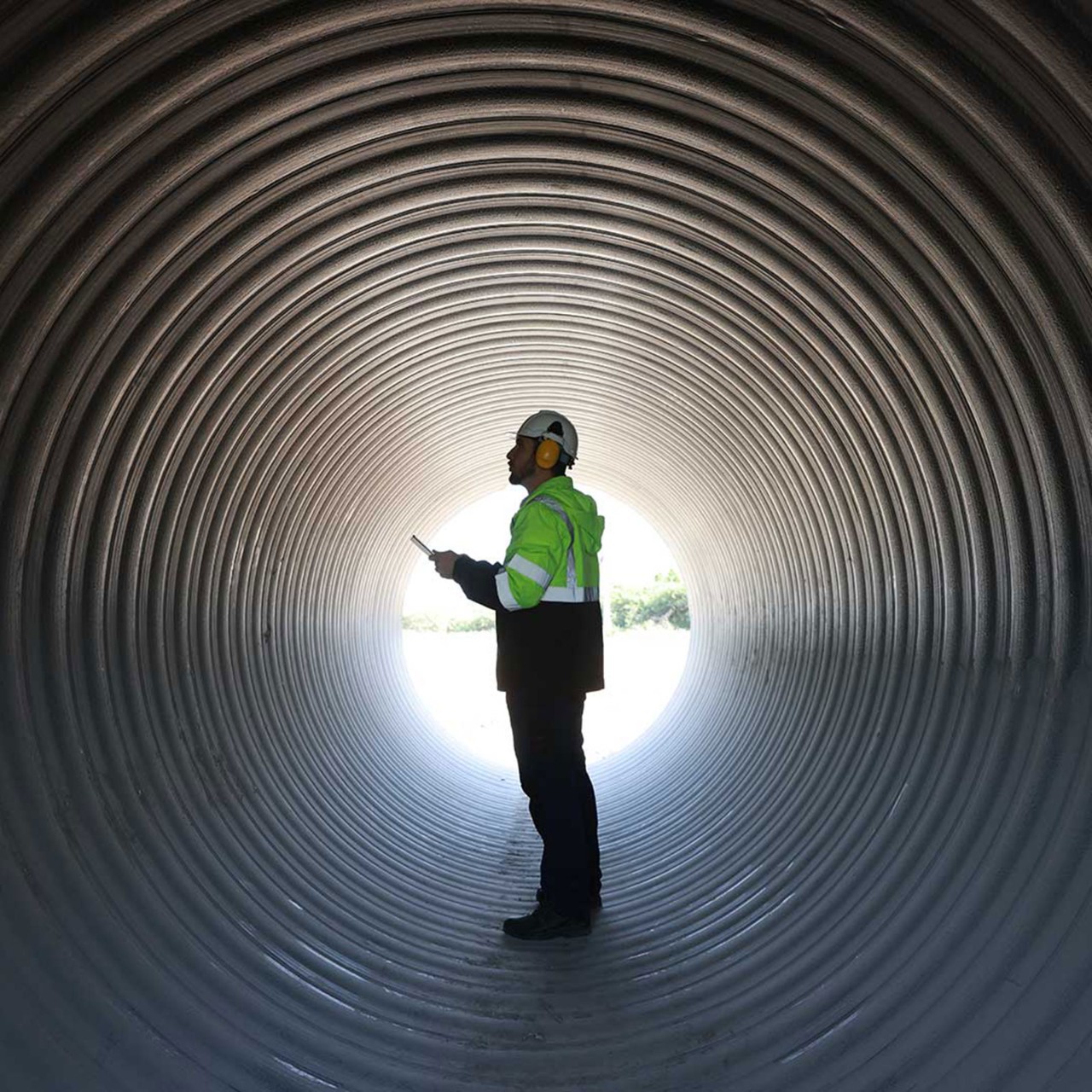
‘As a freelancer, you can have no ego. You’re there to do what needs to be done, not to expand your ambition.’
This, says Andrea Wu, is the secret behind her success as a freelance finance leader, a niche she has carved out for herself over the past three years from her base in Frankfurt, Germany, building on her long career as a corporate high-flyer.
‘You can pick and choose; you control so much more’

For professional accountants with a globally recognised qualification, the gig economy has opened up opportunities for freelancing as an alternative career pathway, Wu says, offering variety both in the type of work and exposure to different industries.
‘Usually, the job is what you make it,’ she says. ‘You can pick and choose; you control so much more. With my background, I tend to get roles where I’m trouble-shooting, sorting through chaos and project management, which I enjoy.’
Smooth transition
Wu’s current role has involved her leading the finance team through the handover of insolvent entity Heubach, a pigment maker, to new owner Sudarshan. ‘During the transition there was a high turnover in the accounting team, resulting in a lot of lost knowledge,’ she says. ‘Management needed someone to ensure that the audit, first reports and so on continue to run smoothly.’
Prior to this, Wu was brought in on a 10-month contract to help the head of finance at automotive engineering and design company RLE International stabilise a new team. ‘Then the accounting side needed additional support, so I also helped with reconciliation of general to sub-ledger, to clean out previous migration issues and develop future good practices and policies.’
Another contract saw Wu in a non-accounting role, helping UK bank NatWest transition its middle- and back-office operations in its new European entity, established after Brexit.
‘In freelance, very often you leave after the implementation’
Rather than approaching prospective clients directly, Wu relies on agents who propose roles to her. ‘If I feel it’s a job I can help with and that presents a challenge, I would choose it,’ she says.
Financial downsides
While working freelance is much more lucrative on paper, there are financial downsides. ‘You don’t get holiday pay or sick leave,’ Wu points out. ‘You have to arrange your own pension, health insurance and so on.’
There is also the disadvantage of not enjoying the fruits of your labour. ‘In industry or practice, there is the professional satisfaction of seeing the result of what you are working on,’ Wu says. ‘In freelance, very often you leave after the implementation.’
Anyone considering such a move needs to be financially prepared, Wu adds, as the next contract is never guaranteed. ‘As a family, you need to consider ‘Would that work for us?’,’ she says.
‘There’s always something you can learn about in between your gigs’
Wu uses any periods in between to upskill; she’s completed an ACCA certificate in fintech and is currently midway through the CIA Challenge. ‘There’s always something you can learn about in between your gigs; then it becomes an extra on your CV,’ she says, noting that ACCA courses are ‘serious’ certifications that require commitment.
Change of direction
With a solid international career under her belt, Wu was director and head of accounting at Allianz Global Investors (AGI) in Frankfurt when, in March 2022, her position was made redundant due to a restructure.
Already working from home due to the pandemic, Wu had time to reflect on what it was that she really wanted from her career at that juncture.
‘I realised that I wanted to explore a different path with new challenges’
‘I had reached a stage in my career where I was proud of what I had achieved professionally. I’ve done so much, ticked off so many milestones and enjoyed memorable and valuable experiences. When I looked ahead, I realised that I wanted to explore a different path with new challenges,’ she says.
‘During my time at AGI I had used many freelancers for year-end support and they enthusiastically pitched to me the many advantages. I thought, why not?’
A varied background held her in good stead. After completing a BSc at the University of Kent in the UK, Wu began auditor training at (now) Baker Tilly London, then returned to Hong Kong to join leading institution The Hong Kong Jockey Club. There, she progressed to a senior role as finance manager, capital projects, completing her ACCA qualification while working full time.
‘ACCA equips students with a foundation that can lead into various different functions, not just finance, which opens up myriad career path options.’
CV
2025
Interim accounting lead, Heubach Colorants Germany/Sudarshan Germany Horizons, Frankfurt, Germany (freelance)
2024
Senior finance consultant, RLE International Group, Overath, Germany (freelance)
2023
Career break, professional development
2022
Operations manager, NatWest, Frankfurt (freelance)
2017
Director, head of accounting and financial management Europe, Allianz Global Investors, Frankfurt
2006
Business support manager, rising to business planning and operations manager – Europe East, Thomson Reuters, Frankfurt
2004
Finance manager, South China Morning Post, Hong Kong
2001
Manager, accounting operations, Merck Sharp & Dohme (China), Hong Kong
1997
Accounting officer, rising to finance manager, Capital Projects, The Hong Kong Jockey Club, Hong Kong
1993
Audit senior, Fraser Russell Chartered Accountants (now Baker Tilly), London
Wu’s relocation to Europe came after her German husband, whom she’d met in Hong Kong, was offered a global project manager role with DZ Bank in Frankfurt. A year later, she followed: ‘We were married in Germany and, a month after the wedding, I got a residency visa and my first role with Reuters,’ she says.
ACCA leverage
Financial reporting in most German companies follows the local GAAP, rather than the widely used IFRS Standards, which is where Wu’s experience lay. Having the globally recognised ACCA accounting certification brought leverage early on with German employers, and later as a freelancer, she says.
‘The reputation ACCA has is that its members have a solid foundation with knowledge across a broad curriculum, and continuous professional development requirements. I can always explain that I know various accounting regulations and understand the differences between IFRS and the various local GAAPs.’
As for working in the gig economy, anticipation of what’s coming up is part of the job. ‘Being in freelance, I am always open to energising and high-impact opportunities,’ says Wu. ‘Freelancing requires a proactive and out-of-the-box mindset and a readiness to embrace the new. I can’t wait for the next chapter of growth, experience and evolution, both professionally and personally.’



